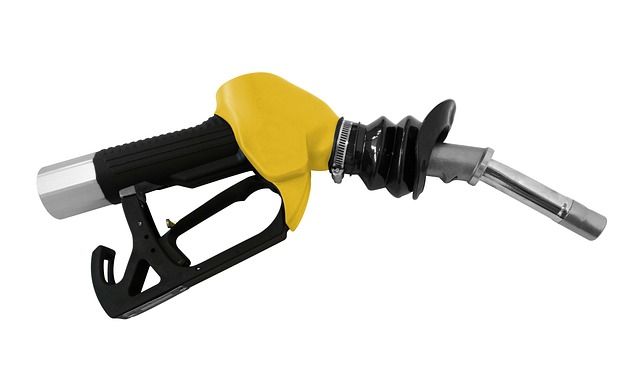Peer connections are vital for achieving and maintaining long-term sobriety, with support groups offering safe spaces for sharing experiences, celebrating milestones, and gaining new perspectives. These groups combine empathy, mindfulness techniques, and group counseling sessions to foster accountability, keeping individuals motivated through storytelling and coping mechanisms. Trained facilitators ensure non-judgmental discussions, strengthening the support system and emphasizing community among peers in recovery, ultimately revolutionizing their journeys towards lasting success.
Peer-led support groups offer a unique and powerful tool in the journey towards long-term sobriety. By facilitating safe, judgment-free spaces, these groups empower individuals to share their experiences and gain invaluable insights from peers on similar paths. This article explores the transformative power of peer connections, uncovers essential elements for creating supportive environments, and delves into strategies that foster motivation and accountability—crucial aspects in navigating ways to stay motivated in long-term sobriety.
- The Power of Peer Connection: Why Shared Experiences Matter in Sobriety
- Creating a Supportive Environment: Key Elements for Effective Peer Groups
- Long-Term Success Strategies: How Peer-Led Groups Foster Motivation and Accountability
The Power of Peer Connection: Why Shared Experiences Matter in Sobriety

Peer connections are a powerful tool in the journey towards and maintaining long-term sobriety. Sharing experiences with others who have gone through similar struggles can create a profound sense of belonging and understanding, which is essential for recovery. In these safe spaces, individuals can openly discuss their challenges, celebrate milestones, and gain new perspectives. This sense of community fosters support, empathy, and accountability, all vital components to stay motivated in the long haul.
Support groups, both in-person and through online platforms like Recovery Support Groups Online, provide a unique opportunity for connection. Here, members can learn from one another’s stories, offering valuable insights into coping mechanisms and strategies for navigating triggers. Mindfulness techniques for stress relief, a common topic within these groups, become more effective when shared and practiced collectively. The collective energy of peers can revolutionize the recovery process, ensuring individuals feel supported and empowered to maintain their sobriety.
Creating a Supportive Environment: Key Elements for Effective Peer Groups

Creating a supportive environment is the cornerstone of effective peer-led support groups. Key elements include fostering an atmosphere of empathy where every member feels heard, respected, and understood. Trained facilitators play a crucial role in ensuring that discussions remain non-judgmental and confidential, encouraging open sharing of experiences and insights.
Additionally, incorporating mindfulness techniques for stress relief can significantly enhance the group’s effectiveness. These practices help individuals stay present, manage emotions, and maintain focus during meetings. Regular group counseling sessions fostering accountability further strengthen the support system by providing a platform for members to hold each other accountable in their journeys towards long-term sobriety. Ultimately, these elements combine to create an environment conducive to staying motivated in long-term sobriety, emphasizing the power of community among peers in recovery.
Long-Term Success Strategies: How Peer-Led Groups Foster Motivation and Accountability

Peer-led support groups offer a unique opportunity to cultivate both motivation and accountability among members striving for long-term sobriety. Through regular Group Counseling Sessions, individuals in recovery find themselves surrounded by peers who understand their struggles firsthand. This shared experience fosters empathy, creating a supportive environment where members can openly discuss challenges and celebrate victories without fear of judgment.
The sense of community within these groups is a powerful tool for maintaining focus and commitment to the recovery journey. Members hold each other accountable by sharing personal goals, providing encouragement, and offering constructive feedback. This collective effort not only helps individuals stay motivated but also ensures they are equipped with the necessary tools and strategies to navigate the challenges that may arise during early sobriety and beyond, fostering healthy habits that contribute to lasting success in their recovery.
Peer-led support groups offer a unique and powerful tool for maintaining long-term sobriety. By creating a safe, supportive environment where individuals can share their experiences and insights, these groups foster a sense of community and accountability. The articles discussed highlights the importance of peer connection in addiction recovery, providing practical strategies to enhance motivation and build resilience against cravings. Embracing these strategies can help individuals navigate the challenges of sobriety and maintain their hard-fought progress.






